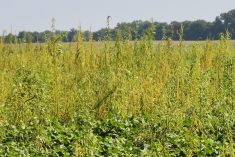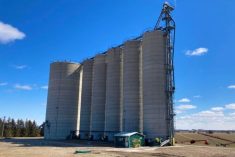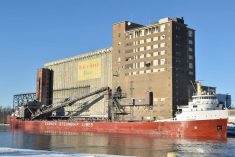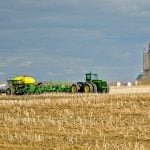Ottawa/Toronto | Reuters — Canada’s top public health official said on Thursday she plans to seek more information from Ontario about the province’s plan to allow some COVID-19 positive people with no symptoms to return to their jobs — a risky policy, according to workers’ advocates and some doctors.
Ontario, Canada’s most populous province, issued guidelines on Wednesday allowing some migrant farm workers back to work as farms battle outbreaks that have killed three people and infected hundreds more.
Federal chief public health officer Theresa Tam said protocols that separate COVID-19-positive and -negative workers must be stringent, and workers’ health must be considered.
Read Also
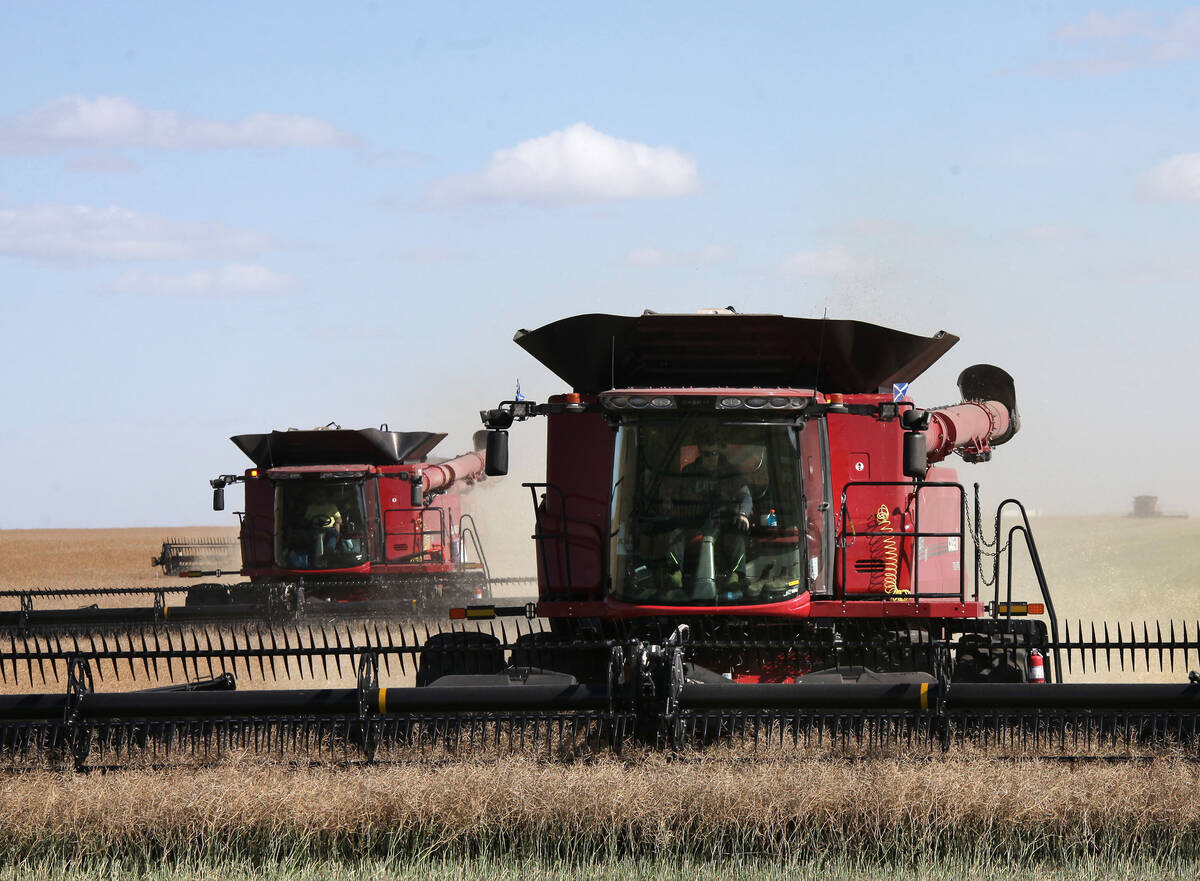
Notable changes in exports to China, India
China and India figured prominently in the September export data issued by the Canadian Grain Commission on Nov. 7. For the most part, the CGC’s numbers highlighted issues with grain, oilseed and pulse exports from licensed facilities to those countries.
“People can begin to have symptoms anytime during that incubation period and potentially can get sick fairly fast,” she said. “You need to make sure that you screen them for symptoms and enable them to stop working if they’re not feeling well.”
Canadian farmers rely on some 60,000 temporary foreign workers, predominantly from Latin America and the Caribbean. Many live in crowded bunkhouses where the virus can spread quickly.
Sudeshna Nambiar, chief operating officer of Lakeside Produce, a Leamington, Ont. greenhouse operation, welcomed the new policy. She said each employee is responsible for 23 rows in the greenhouse, allowing for ample distancing.
Lakeside had 13 infections among workers in the spring, but all have recovered.
“This is the new normal. This is how we have to operate, with more hygiene and social distancing,” she said.
Srinivas Murthy, an infectious disease specialist and professor at the University of British Columbia, said the virus is likely to spread if workers return.
On Wednesday, the Ontario Federation of Agriculture said workers will not be forced to work.
“This isn’t a community that has a lot of flexibility in their lives,” said Murthy. “Most individuals are not in a place where they can make a free and fair choice.”
‘Unique challenges’
The Ontario government said Wednesday its public health guidance allows COVID-19-positive asymptomatic workers to keep working as long as they “follow the public health measures in their workplace to minimize the risk of transmission to others.”
Local health officials “will assist with interpreting test results and developing a plan that, first and foremost, ensures essential workers in the sector are able to return to work safely,” the province said.
Ontario’s current ag sector outbreaks are centred on the Windsor and Essex County area, in the province’s southwest.
As of Thursday morning, the county health unit reported six workplace outbreaks, all in the ag sector, with four in the Leamington area and two in the Kingsville area.
The province said late Wednesday it would allow Windsor-Essex to enter the second stage of the province’s pandemic reopening plan starting Thursday, behind all other regions of the province, which reopened between June 12 and 24.
Stage Two allows for reopening of malls, restaurants, bars, beaches, parks, recreational facilities, community centres and various personal services.
The exceptions from Stage Two in Windsor-Essex are Leamington and Kingsville, which “are being held back due to the higher transmission rates in the local agriculture and agri-food sector,” the province said Wednesday.
Outbreaks in the ag and agrifood sectors “pose unique challenges that require a targeted and collaborative response,” the province said, adding it would work with federal and local authorities on a “three-point plan to support Leamington and Kingsville to move into Stage Two as soon as it is safe to do so.”
COVID-19 testing will be provided and expanded on work sites in those areas, the province said.
— Reporting for Reuters by Kelsey Johnson in Ottawa and Allison Martell in Toronto; additional reporting by Rod Nickel in Winnipeg. Includes files from Glacier FarmMedia Network staff.







